

In Nov, we had this exciting talk about Web3 developer relations, with our friends/guests: Kevin @Scaffold, Harry @Chainlink, Binji @OP, Homin @NextID, Jackson @Cookbook.dev, Derek @Blockless, Jane @Aspecta, Joshua @CollegeDAO, Iggy @Squad. For those who are interested but did not join then, here is the summary of the discussion.
There are so many highlights and inspirations that we think are worth sharing with a broader community. This kind of conversation is especially needed during the crypto winter, when there are still legit projects building, bringing more devs and users into this space.
Enjoy reading!
Q1: What’s the daily working schedule like as a developer advocate in your company?
Kevin @Scaffold: I make my own schedule, which is cool. Participating in different workshops at hackathons is my way of connecting with different developers.
Harry @Chainlink: Our goal is to make developers successful in using our technology, product, and service. So, a lot of the things that we do on a day-to-day basis, are that we create content such as blog posts, videos, guides, tutorials, etc. Also, we provide general free educational content for developers to consume. We provide feedback on our products and services, from the developer community back to the product and engineering team, so that they can take that and make them better. And on top of that, we also give feedback to the product team on upcoming product features or improvements. In general, we act as a bridge between the product and the developer community.
Binji @OP: I see myself as an advocate in general, so I speak to a lot of developers and builders at hackathons, and I also speak to a lot of data apps and various other things across the ecosystem. Within every organization, you might have verticals. For example, this is a group doing DeFi. This is the group doing NFTs. However, I believe devrel is something across the whole stack where you create synergies across the people that you meet. If you’re speaking to all of these different people across all of these different verticals, you will start to pick up things. To me, crypto’s largest value proposition is that it allows for the incentivization of a global workforce, who would have never met otherwise to work together on a shared goal from day one. Whether it comes from recruiting or assembling a team, for someone who is in a devrel position, you are the pivotal point to connect people across the board, different industries, and to be in the position to provide that synergistic relationship and connections.
Homin @NextID: Agreed. I also talked to other projects and communities, think of how they can contribute to your project and how you can help them is the key to connection. Our protocol is important because it is like the midpoint connecting from project to project, and it helps your own project grow fast as well.
Q2: How do you become a developer advocate? Share how you transitioned from a developer to a developer advocate
Jackson @Cookbook.dev: There are 2 aspects of going into a developer relation or a developer advocacy role and being good at it. One is coming from the background of being a developer yourself, and the other is having the propensity to be social and wanting to be interested in talking to other people, especially in the development space. Because at the end of the day, what a devrel role really comes down to is being there on the ground floor. Having a deep understanding of what the problems that other developers are facing and how you can best put out content or be there to help them overcome those issues. Echoing back to what Binji said earlier, participation is key to this business. For example, going around to these conferences, being in these spaces, and then creating content to best help developers get into the ecosystem. Having that real, deep, genuine desire to help them overcome those problems is going to be one of those most important aspects.
Binji @OP: Agreed. I think empathy is probably the trait that’s most desirable for a devrel. If you’re able to empathize deeply with the people who are facing problems or just starting out, you would understand what they really need and create content or help create content or help push content that could serve them. Every time I speak to a team, it’s like, I’m on your team right now — my role is to deeply understand what you are building, what your needs are and be able to surface that, and tell a story and help you tell your story.
Joshua @CollegeDAO: I definitely agree with Binji about his point that making things a bit more approachable for developers. In College Dao, when we’re traveling around the country, talking to different developers and students who are trying to get into the space, there’re students with years of experience building in the space, whereas on the other hand, there’re people who are just starting out — maybe they have a CS curriculum and they’re interested and just jumping into web3. So having an empathetic mind and taking things step by step, making things approachable, and tuning your language so that new developers who are just starting out can have a better way of familiarizing themselves with the web3 environment in general. I think that is super important.
Kevin @Scaffold: For me, my path was joining the builder guild. I started building on Scaffold-ETH, and I found that it was an awesome tool that helped me learn and get going. I think the most important thing was don’t be afraid to hit the boots, get your hands dirty, and start building something from the get-go.
Jane @Aspecta: We’re very developer-centric, and everything we’ve designed is through the mindset of developers. When I started at Aspecta, the only thing I’ve been thinking from the beginning was how can I build a product that can really help developers break into web3. You need to feel passionate about your projects and you have to start from the point of developers, instead of, from a business or a VC perspective, which I think that’s totally missing the point. So, everything should be developer-centric, and that’s what we need to focus on. And of course, you need to be empathetic and passionate about your projects.
Q3: How important is it for you to be able to do a good job as a devrel — to be able to code and get into the details of the product and also be able to explain and educate as well? And if so, how do you balance between digging deep into the product while also spending time educating and advocating?
Kevin @Scaffold: I think as a developer advocate or devrel, you can make some demos on your own projects. For example, I use our databases and APIs to create something interesting and work with my team to create some front-and demos and to better help other projects.
Harry @Chainlink: 100% agreed. You need to have a solid understanding of your product technically, in terms of how it’s implemented, how the code looks, some of the nuances around using it, etc. Beyond that, it’s different per individual. For instance, in my team, we have some people who actually prefer the evangelism side. They love educating new developers, and they love going to events. So, we support them in spending more time doing that stuff than some of the other parts of devrel. But then we have other people in our team who don’t go to as many events but love creating code examples and boilerplate projects, and they also know at a deep level how our solutions work. So, in my opinion, everyone needs to have a basic understanding or a decent understanding of the technicalities and coding parts of what you’re advocating for.
Binji @OP: Essentially, it comes with intentionality. I think if you are intentional, if you’re speaking to somebody who is creating a certain project, let’s say it’s an nft collection, the intention to put yourself into their shoes and go through the potential process that they might be going through is the key. The intention of going into that depth as a user and really understanding how that flow is. It’s about going the extra mile. It’s about empathizing a little bit more. And it comes with the intentional curiosity that you need to have intrinsically when you speak to somebody, because that allows you to be more empathetic and thus help more when you eventually end up on a call with them. I would say the general gist is there’s a lot we need to continue learning. The space moves incredibly fast. It’s a lot of effort to just keep up with all these things happening. So, you have to constantly approach that with humility and learn for yourself.
Derek @Blockless: Going back to what Binji was saying about moving with intent, it doesn’t necessarily take a lot of time or commitment to get a lot done, or to be impactful as a developer, it’s really about being able to take that small amount of time to identify those things that you’re going to move with intent, and feel free to do the things that you feel are simple. Because even though they may be menial or repetitive, it’s generally an easy way to start building your own repertoire and finding your place in the ecosystem.
Jane @Aspecta: I think it’s extremely important to keep up with the current trend. For instance, we’re constantly checking the new ideas that people are proposing, and the progress of some of the brilliant new projects. I think it’s really important to keep up with the game to really know what the devrel really cares about and how it will impact the future of the decentralized web.
Joshua @CollegeDAO: One of the key things we realized was that students and new developers learn what they do. So that has been something that we picked up. And I think that’s a very nice balance when it comes to building and doing educational content at the same time. Because when you have small, manageable tasks that they can do, maybe quickly deploy an NFT, and small bite-size pieces of content that they can work on and actually see the real results, I think that has been really great because it really helps to guide people who are new and just start off with web3. And another big thing is about having systems in place. **We have to build systems that guide students no matter which college they are in.
Q4: What do you think is the key to onboarding more developers to web3?
Kevin @Scaffold: I think that there are a lot of unknowns for people who are working in the space — they don’t truly understand some of the web3 concepts and utilities. The thing that I’ve been doing is trying to reach out to web2 communities who are not familiar with what it really means to build a decentralized application and trying to get workshops in that environment. So, I tried to use my own experience to influence web2 developers. And I think it’s a difficult path, but I think eventually we’re going to see more and more people come into the web3 ecosystem.
Jackson @Cookbook.dev: One of the most important things for a devrel to do is to foster the ability for developers to feel comfortable coming in and engaging within your ecosystem. Like having this Twitter space where people can come in, talk and share insights, or just making sure that whenever people are engaging with your community, they really get the genuine feeling that someone is always there to help them solve whatever problem they’re going through.
And I think a lot of that comes down to not just the presence that you have when you’re one-on-one with people, but also the environment that you cultivate within your own communities. For us, it’s really not a problem of going in and convincing people to spend their time and add content, but really tackling the problem of making it really easy for them to do so. So just making the process easy and being there for people when they run into problems along the way.
Harry @Chainlink: We need to make sure that all the education and onboarding content we have is really good. It’s kept up-to-date and easily consumable. And I think we’re definitely doing better than we were a couple of years ago. Back in 2019, there wasn’t that much stuff available for developers to learn Solidity, smart contracts, etc. But right now, there are so many amazing courses and boot camps and things that you can do, and they’re all really good. Another important thing is that this content needs to be free. It shouldn’t cost them a lot of money to learn this thing. And finally, we need to continue to make sure we make web3 appealing to these web2 developers.
Iggy @Squad: For me, as someone building a community from scratch, the key is to have a very clear, almost single-line value proposition of how we can help. And for us, the starting point is helping people find amazing jobs, because sometimes it can be overwhelming to find good opportunities that are out there in web3.** Also, if you have strong web3 coding fundamentals, you can pick up a small role and then gradually move above that into a more blockchain-native role.
Joshua @CollegeDAO: I think it comes to how you get people interested in seeing the long-term goal of why we are moving towards web3 — all of these main principles about decentralization and giving power back to people. And I think the message is to people who are developing and building in the space. Once people have that direction, it gives them a bit more inspiration to follow up with all the little problems that might stand in their way to get the product out in the market. It’s really about having a message that people resonate with, and that is something that I feel is very key.
Binji @OP: I think values matter a lot, and philosophy matters a lot. When you look at how this whole industry started, it started with a forum post. Satoshi posted something on a random forum that a few people saw, and there was no money tied to it. It was just an idea. And people were like, “oh I like how this resonates with me on this level”, and decided to build on bitcoin and make it a thing. Naturally, people just believed in the idea of something, and that made it what it is today.
So, when we’re onboarding new people, I think it’s the same thing. I think every devrel person working in the space wants to live in a world where what may have taken us 2 years to learn, like, 2 years of just grinding and failing on trying to understand that things may go wrong. So how can we learn from our past and how can we make all of this a lot easier for folks moving forward? And I think leading by values, speaking to the mission, and speaking on the long-term trajectory of what crypto can really accomplish.
About Chainbase
Chainbase is a leading Web3 blockchain interaction layer infrastructure. By providing cloud-based API services, it helps developers quickly access and utilize blockchain networks and easily build Web3 applications.
Chainbase makes blockchain interaction and data query/index on chains simple and easy to operate. Anyone can use, build and publish open APIs, which allows developers to focus on application-level innovation instead of solving the back-end hassles.
Chainbase currently supports Ethereum, Polygon, BSC, Fantom, Avalanche, Arbitrum, Aptos and other chains. This allows projects of all sizes to quickly reduce development time and costs, no matter which chains they are building on!
Website | Blog | Twitter | Discord | Link3
Want to learn more about Chainbase? Visit our website: chainbase.online, Sign up for a free account. and Check out our documentation.
The Original Link: Unlock the role of Developer Relations/Advocate in Web3



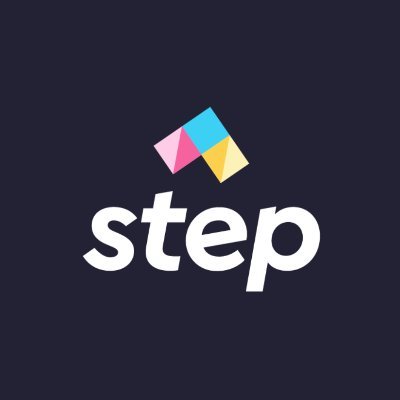



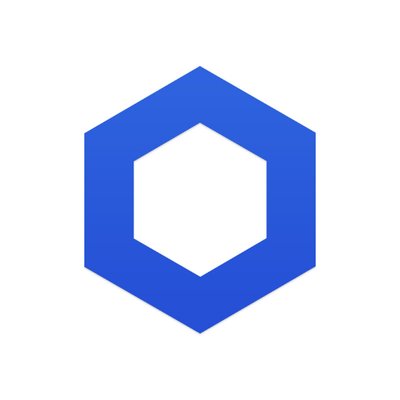

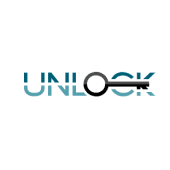
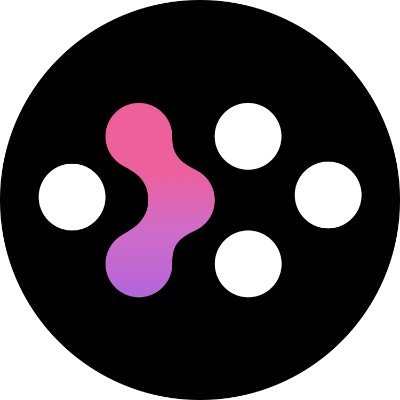



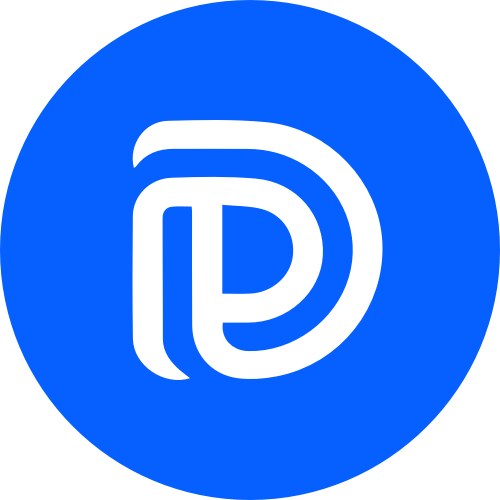





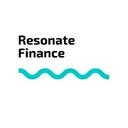






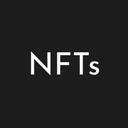





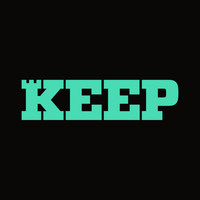



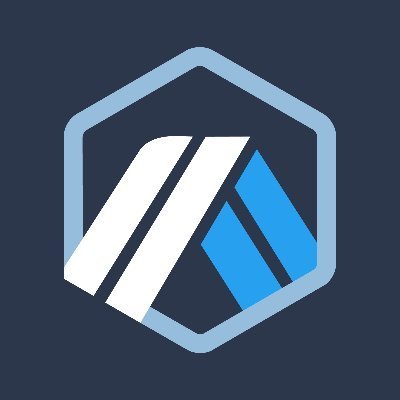

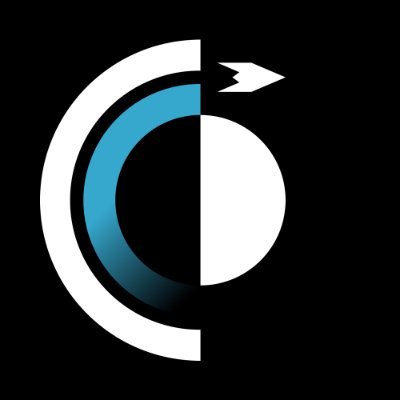






【免责声明】市场有风险,投资需谨慎。本文不构成投资建议,用户应考虑本文中的任何意见、观点或结论是否符合其特定状况。据此投资,责任自负。



